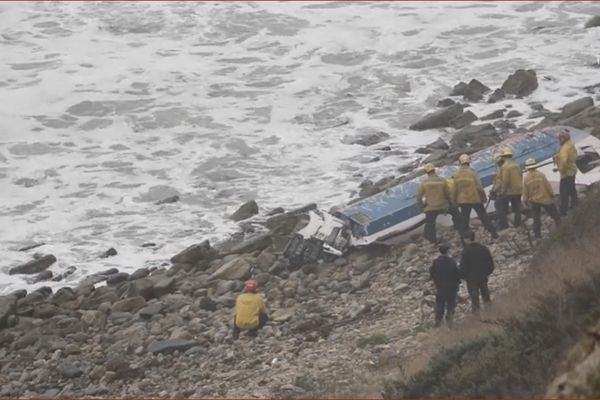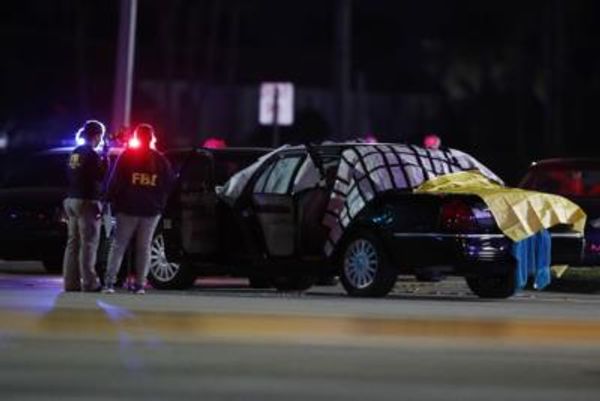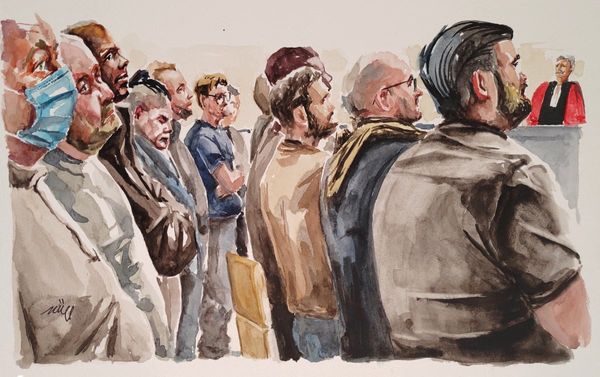
Scott Morrison is defending his government’s record on public hospital funding but insists the buck stops with the states when it comes to systemic issues.
Under pressure from state premiers demanding more federal health funding, the prime minister claims they won’t take direction on how to spend it.
“The thing about our federation is we’ve all got to take responsibility for the things we do,” Mr Morrison told Melbourne radio 3AW.
“One of the things that state governments don’t welcome from federal governments when we give them money, they don’t like us to tell them how they should be running the hospitals.”
Victorian Premier Daniel Andrews intends to team up with fellow state and territory leaders to push the next federal government to maintain the equal health funding partnership established during the pandemic.
The West Australian government has also announced a $252 million package to improve emergency departments as part of its upcoming state budget.
But while the federal government could provide extra funding, it was ultimately up to the states to determine how to spend it and fix the issues, Mr Morrison said.
“(States) won’t take any suggestions about how the money should be spent and how we can improve the hospitals,” he said.
“The growth in (federal) investments (for hospitals) has greatly outstripped the increase as we’ve seen from state governments, so it’s important we both do our share.”
Meanwhile, Deputy Prime Minister Barnaby Joyce has announced a billion-dollar election commitment for rural health care to support the next generation of country doctors and improve training and treatment.
The package builds on existing funding announced in the March budget.
It includes an additional $146 million to encourage healthcare workers to move to rural and regional Australia, $15 million to provide more than 1000 placements annually in rural Australia by 2026, and $35 million to expand models of collaborative care.
It also includes $87 million to provide incentives for GP’s and allied health professionals to access additional education and skills to work in the regions.
Mr Joyce unveilled the package during a visit to the Victorian regional city of Shepparton, in the safe Nationals seat of Nicholls.
Depleted health workforces were a critical issue across rural Australia, Mr Joyce said.
“Geography shouldn’t be a barrier to health care,” he said.
The plan to deliver more doctors and health professionals into regional and rural communities would boost the regional health workforce and ensure regional Australians received care close to home.
“Just as people do in capital cities,” Mr Joyce said.
Additionally, general practitioners will be supported to work in country hospitals by expanding the Murrumbidgee single-employer model trial to more regions across rural Australia.
The program will allow more doctors training to be rural-generalist GPs to improve their skills and provide community and hospital-based services such as anaesthetics, obstetrics, mental health and emergency medicine.
The package aims to build on previous initiatives such as removing university debt for doctors and nurses who work in rural towns, and investments in telehealth.







